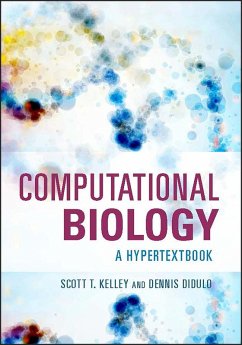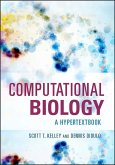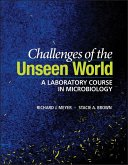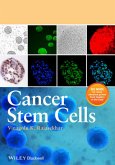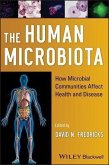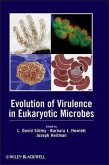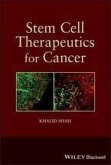This textbook is for anyone who needs to learn the basics of bioinformatics--the use of computational methods to better understand biological systems. Computational Biology covers the principles and applications of the computational methods used to study DNA, RNA, and proteins, including using biological databases such as NCBI and UniProt; performing BLAST, sequence alignments, and structural predictions; and creating phylogenetic trees. It includes a primer that can be used as a jumping off point for learning computer programming for bioinformatics. This text can be used as a self-study guide, as a course focused on computational methods in biology/bioinformatics, or to supplement general courses that touch on topics included within the book. Computational Biology's robust interactive online components "gamify" the study of bioinformatics, allowing the reader to practice randomly generated problems on their own time to build confidence and skill and gain practical real-world experience. The online component also assures that the content being taught is up to date and accurately reflects the ever-changing landscape of bioinformatics web-based programs.
Dieser Download kann aus rechtlichen Gründen nur mit Rechnungsadresse in D ausgeliefert werden.

